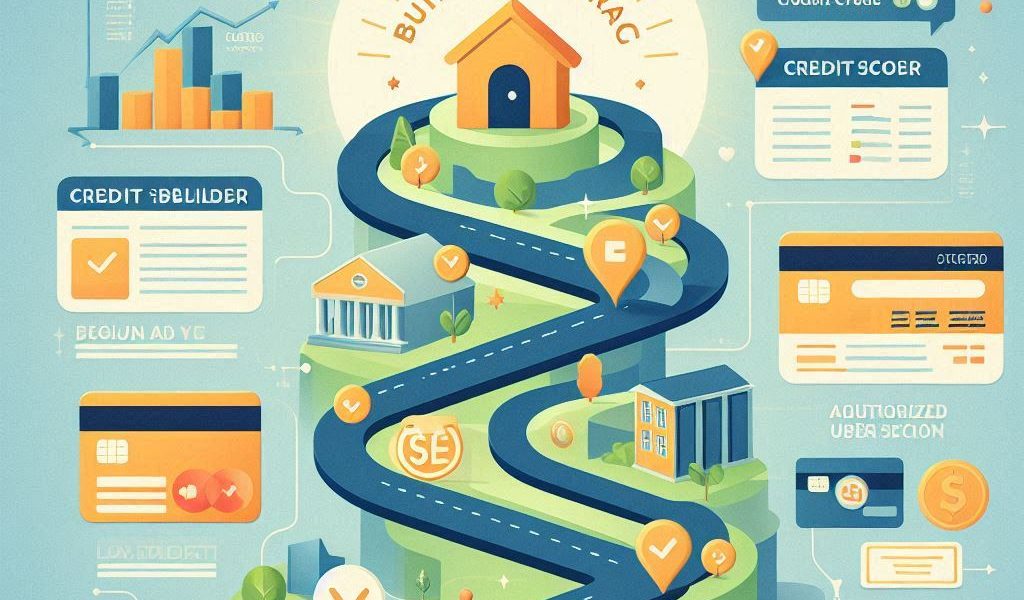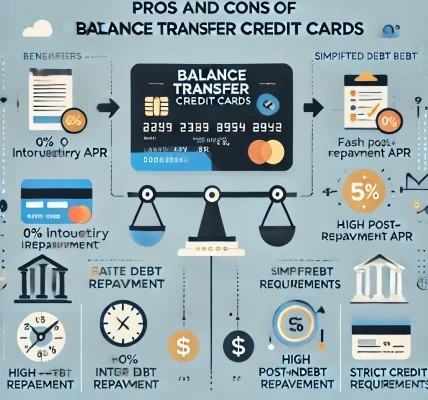Building credit from scratch may seem like an overwhelming task, but it’s actually a very achievable goal if you take the right steps. Whether you’re a recent graduate, someone new to the country, or simply someone who hasn’t yet established any credit, knowing how to build your credit score is essential for long-term financial success. Your credit score affects everything from getting approved for loans to securing favorable interest rates. In this blog post, we’ll guide you through the process of building your credit from scratch and provide valuable tips that will help you along the way.
What Is Credit?
Credit refers to the ability to borrow money or access goods or services with the promise to pay later. It’s a system that helps businesses and individuals buy now and pay later. Your creditworthiness is assessed based on a score that reflects your history of managing debt and repayment.
A credit score, which typically ranges from 300 to 850, is a number that lenders use to determine the risk of lending to you. The higher your score, the less risky you appear to creditors. If you’re starting from scratch, your goal is to gradually increase your score by demonstrating responsible credit use.
Why Building Credit Is Important
Building credit is a key element of financial health. A good credit score can:
- Help you secure loans: Lenders use credit scores to assess the risk of lending. Higher scores generally lead to lower interest rates and more favorable loan terms.
- Assist in securing a mortgage: If you’re thinking about purchasing a home, having a solid credit history is crucial to getting approved for a mortgage.
- Enable access to credit cards: Many people use credit cards for daily expenses. Without credit, you may be stuck relying on cash for everything.
- Make renting easier: Some landlords check your credit score before allowing you to rent. A good credit history can make the rental process smoother.
Steps to Build Credit from Scratch
1. Start with a Credit Builder Loan
A credit builder loan is a specialized loan designed to help individuals with no credit or poor credit build their credit score. The loan amount is typically small, and instead of receiving the loan upfront, you make payments into a savings account. After you’ve repaid the loan, the lender reports your payment history to the credit bureaus, allowing you to establish a positive credit history.
2. Get a Secured Credit Card
Secured credit cards are designed for individuals with no credit or bad credit. To get one, you need to deposit a specific amount of money into an account, which serves as your credit limit. For example, if you deposit $500, your credit limit will be $500. Using the card regularly and making timely payments can help you build your credit history.
3. Become an Authorized User
Another way to start building credit is by becoming an authorized user on someone else’s credit card account. This can be particularly helpful if a family member or close friend has a good credit history. As an authorized user, you get to benefit from their positive payment history without being responsible for the bill.
4. Use Credit Responsibly
As you start using credit, it’s important to use it responsibly. This means:
- Keeping credit utilization low: Try to use less than 30% of your available credit.
- Paying bills on time: Timely payments have the biggest positive impact on your credit score.
- Avoiding unnecessary debt: Only borrow what you can comfortably repay.
5. Pay Bills on Time
Your payment history is the most important factor affecting your credit score. Late payments can cause significant damage to your credit score, so it’s essential to make all of your payments on time. Set reminders or automate your payments to stay on track.
6. Monitor Your Credit Regularly
Once you’ve established credit, it’s important to keep an eye on your credit report and score. Monitoring your credit regularly helps you identify any potential errors or fraudulent activity. Many services offer free access to your credit report, so take advantage of this to ensure everything is accurate.
7. Diversify Your Credit Types (Optional)
While not necessary, adding different types of credit can positively impact your score. For example, having a mix of credit cards, installment loans (like car loans or personal loans), and a mortgage can help improve your credit profile over time.
Avoid Common Credit Building Mistakes
Building credit requires patience and discipline. Some common mistakes to avoid include:
- Applying for too many credit cards or loans: Each credit inquiry can temporarily lower your credit score.
- Missing payments: Late or missed payments can hurt your credit score significantly.
- Not using credit regularly: Having a credit card but not using it can lead to your account being closed, which can affect your credit score.
Credit Score Basics
Your credit score is calculated based on several factors:
- Payment history (35%): The most important factor, showing whether you’ve paid your bills on time.
- Credit utilization (30%): The ratio of your credit card balances to your credit limits.
- Length of credit history (15%): How long you’ve been using credit.
- Types of credit used (10%): The mix of credit types in your profile.
- New credit inquiries (10%): Recent applications for credit.
A good goal to aim for is a score of 700 or above, which will give you access to better loan and credit card options.
Understanding the Risks and Legal Considerations
As you build your credit, it’s important to understand the legal protections in place to safeguard you:
- Avoiding Debt: One of the biggest risks of credit is falling into debt. Always spend responsibly and avoid borrowing more than you can repay.
- Legal Protections: The Fair Credit Reporting Act (FCRA) protects your rights when it comes to credit reporting, ensuring that any mistakes on your credit report are corrected.
- Debt Collection Laws: If you face difficulties with credit, familiarize yourself with the Fair Debt Collection Practices Act (FDCPA), which restricts how creditors can pursue you for unpaid debt.
- Fraud Prevention: Regularly monitor your credit reports to check for signs of fraud or identity theft. This can help you take action before the situation escalates.
Conclusion
Building credit from scratch is entirely possible if you follow the right steps. Start by getting a credit builder loan or a secured credit card, use credit responsibly, and make timely payments. With persistence and patience, you’ll be on your way to building a solid credit history and improving your financial future. Always stay informed, avoid unnecessary risks, and protect your credit from potential fraud.



